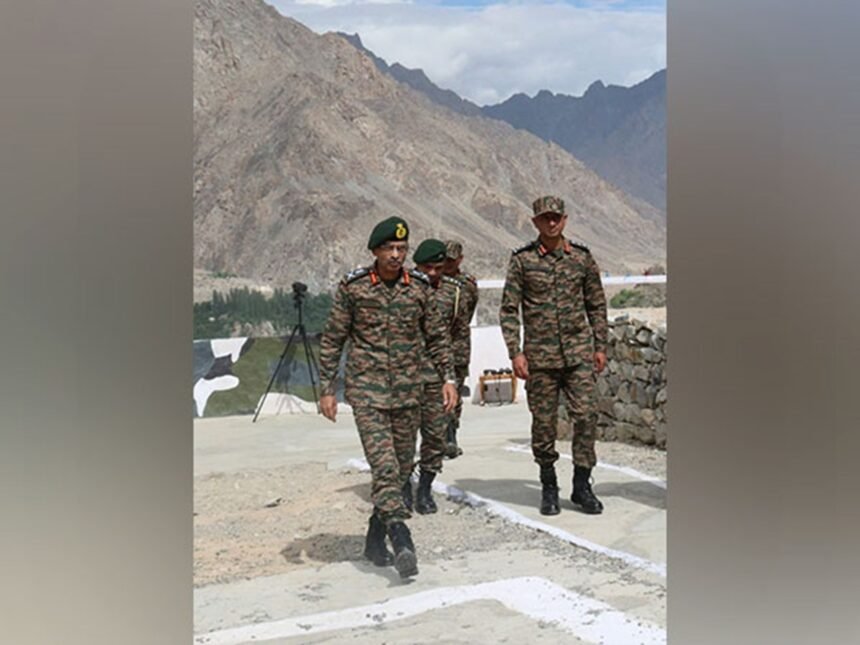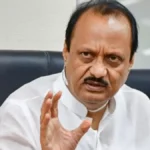The civil services authority established by the Central government through an ordinance to oversee officer transfers within the Delhi government has been criticized as a “complete farce” by the Chief Minister’s office. The authority, known as the National Capital Civil Services Authority (NCCSA), has allegedly allowed bureaucrats to overturn decisions made by the elected Chief Minister and assert their own will.
This statement from the Chief Minister’s office follows a recent meeting of the NCCSA, during which two member-bureaucrats initially did not oppose Chief Minister Arvind Kejriwal’s position but later canceled his decisions. The NCCSA, consisting of three members, was created by the Centre through the National Capital Territory of Delhi (Amendment) Ordinance, 2023, which was promulgated on May 19. Its purpose was to establish an authority responsible for the transfer and posting of Group-A officers in Delhi.
However, the recent actions of the NCCSA have raised concerns about its effectiveness and impartiality. The Chief Minister’s office claims that the authority has deviated from its intended role and has instead become a platform for bureaucrats to exert control over decisions made by the elected government. This has led to a situation where the Chief Minister’s decisions are being undermined and overridden by bureaucrats, undermining the principles of democratic governance.
The NCCSA was envisioned as a means to streamline the transfer and posting process of Group-A officers in the Delhi government. It was intended to address concerns of bureaucratic delays and ensure a fair and efficient system. However, the recent incidents have highlighted potential flaws in its functioning, with the authority being accused of favoring bureaucrats over the elected representatives.
The Chief Minister’s office asserts that the NCCSA’s actions violate the spirit of democratic governance, where elected officials are expected to have the final say in decision-making processes. By allowing bureaucrats to overturn the decisions of the Chief Minister, the authority undermines the mandate given to the elected government and weakens its ability to implement policies effectively.
This controversy raises questions about the autonomy and authority of elected governments in the Indian federal system. The role of bureaucrats in decision-making processes and their accountability to elected representatives have been subjects of debate for a long time. While bureaucrats play a crucial role in the administration, the principle of elected officials having the final say is essential to maintain the democratic fabric of the country.
The Chief Minister’s office has called for a review of the NCCSA’s functioning and has expressed the need to rectify any imbalances that compromise the power and authority of elected representatives. They argue that the authority should serve as an enabler for the elected government, ensuring efficient governance rather than becoming a tool to undermine its decisions.
As this issue unfolds, it is expected to generate further debate and discussion on the relationship between bureaucrats and elected representatives in the context of the Indian federal system. The role of the NCCSA and similar bodies in other states may also come under scrutiny to ensure that the principles of democratic governance are upheld and the power vested in elected officials is protected.




